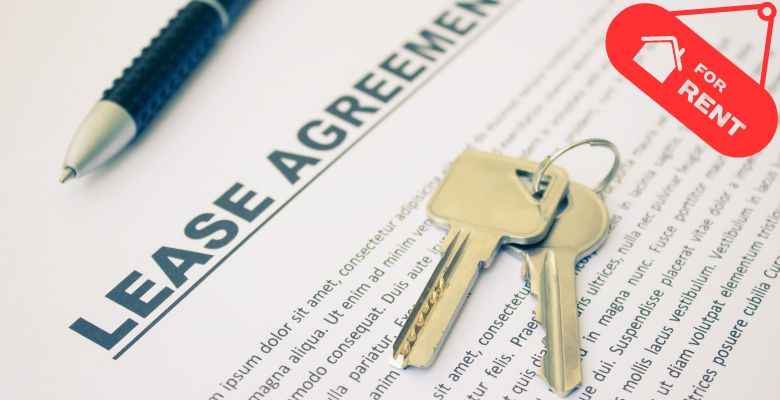Frequently Asked Questions About Commercial Leases
Navigating the complexities of commercial leases can be daunting for both landlords and tenants. At Versus Law Solicitors, we understand the importance of clarity and legal assurance in these agreements. This FAQ section is designed to address the most common questions and concerns related to commercial leases, providing you with essential information and practical guidance. Whether you’re considering entering into a new lease, negotiating terms, or dealing with an existing lease, our expert advice aims to help you make informed decisions and protect your interests.
1. What is a commercial lease?
A commercial lease is a legally binding contract between a landlord and a business tenant that allows the tenant to occupy a property for commercial purposes in exchange for rent. It outlines the terms and conditions under which the property can be used.
2. What should I consider before signing a commercial lease?
Before signing a commercial lease, consider the following:
- Lease length: Determine the initial term and any renewal options.
- Rent: Understand the rent amount, payment schedule, and any potential increases.
- Permitted use: Ensure the lease allows for your intended use of the property.
- Repair obligations: Clarify who is responsible for maintenance and repairs.
- Break clauses: Look for any clauses that allow either party to terminate the lease early.
- Service charges: Be aware of any additional costs, such as service charges for maintenance of communal areas.
3. What is a break clause in a commercial lease?
A break clause is a provision in a commercial lease that allows either the landlord or the tenant to terminate the lease early, before the end of the fixed term. It typically requires giving a specified period of notice and may have certain conditions attached, such as ensuring the property is in good repair.
4. Who is responsible for repairs in a commercial lease?
Responsibility for repairs in a commercial lease can vary. Typically, there are two types of repair obligations:
- Full repairing and insuring lease (FRI): The tenant is responsible for all repairs and insurance costs.
- Internal repairing and insuring lease (IRI): The tenant is only responsible for internal repairs, while the landlord takes care of external and structural repairs.
Always check the lease agreement to understand your obligations.
5. Can I negotiate the terms of a commercial lease?
Yes, commercial lease terms are often negotiable. Key aspects that can be negotiated include:
- Rent and rent reviews
- Length of the lease
- Break clauses
- Repair and maintenance responsibilities
- Restrictions on property use
It is advisable to seek legal advice to ensure favourable terms.
6. What is a rent review?
A rent review is a provision in a commercial lease that allows the landlord to periodically adjust the rent to reflect current market conditions. Rent reviews can be based on different mechanisms, such as:
- Open market rent: Adjusted to the current market rate.
- Indexed rent: Linked to inflation or another index.
- Stepped rent: Pre-agreed incremental increases at set intervals.
7. What happens if I want to leave the property before the lease ends?
If you wish to leave the property before the lease ends, your options may include:
- Utilising a break clause: If your lease includes one and the conditions are met.
- Assignment: Transferring the lease to another tenant, subject to the landlord’s consent.
- Subletting: Renting out the property to a subtenant, if permitted by the lease.
- Negotiating an early termination: Agreeing with the landlord to end the lease early, which may involve paying a penalty.
8. What is a security deposit in a commercial lease?
A security deposit is a sum of money paid by the tenant to the landlord at the start of the lease. It serves as security against potential breaches of the lease, such as non-payment of rent or damage to the property. The amount and conditions for the return of the deposit should be clearly stated in the lease agreement.
9. Can the landlord increase the rent during the lease term?
The landlord can increase the rent during the lease term only if the lease agreement includes a rent review clause or a mechanism for rent adjustment. The frequency and method of rent increases should be specified in the lease.
10. What should I do if I have a dispute with my landlord?
If you have a dispute with your landlord, consider the following steps:
- Review the lease agreement: Understand your rights and obligations.
- Communicate: Try to resolve the issue directly with the landlord.
- Seek legal advice: Consult a solicitor for guidance on your options.
- Alternative dispute resolution (ADR): Explore mediation or arbitration as a means to resolve the conflict.
- Court action: As a last resort, you may need to take legal action through the courts.
These FAQs aim to provide a general understanding of commercial leases. For specific advice tailored to your situation, please contact Versus Law Solicitors abd our commerical property experts.











